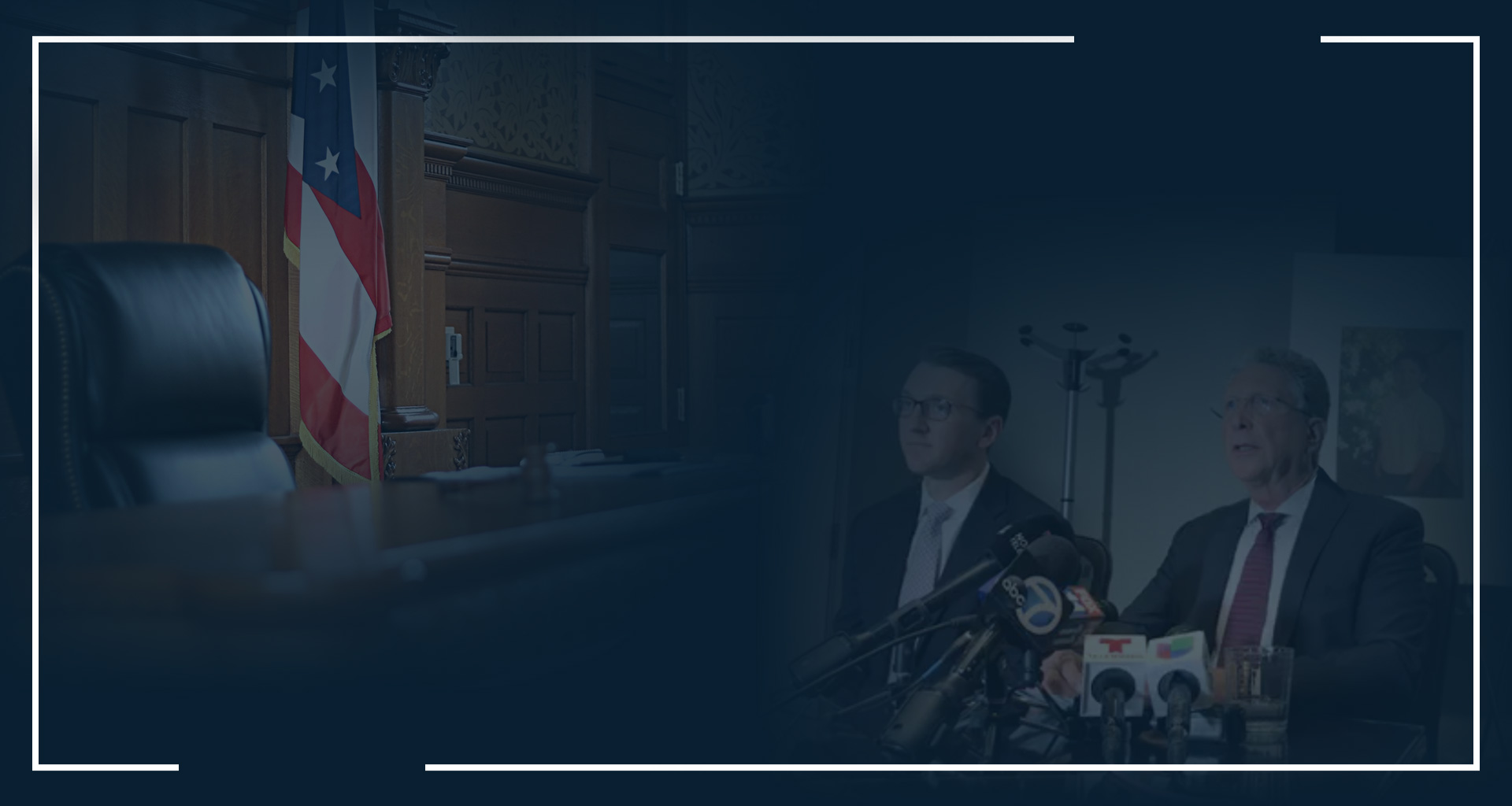Sexual abuse cases, whether prosecuted in criminal court or pursued through civil litigation, represent some of the most sensitive and complex legal matters in the justice system. One of the most critical distinctions between criminal and civil sexual abuse cases lies in the burden of proof—the legal threshold that determines whether a party has sufficiently proven its case. This difference not only shapes the strategies of the parties involved but can significantly affect the outcome for victims and the accused alike.
Understanding the Burden of Proof
The burden of proof refers to the obligation of a party to prove the allegations or defenses they assert in court. In criminal law, this burden is much higher than in civil law, reflecting the serious consequences at stake, such as imprisonment or a criminal record. In civil cases, the burden is lower because the outcomes typically involve monetary compensation or injunctive relief rather than loss of liberty.
Criminal Sexual Abuse Cases: Beyond a Reasonable Doubt
In a criminal sexual abuse case, the government prosecutes the defendant on behalf of the public. The prosecution must prove the defendant's guilt "beyond a reasonable doubt," the highest standard of proof in the legal system. This standard requires that the jury (or judge in a bench trial) be almost certain that the accused committed the crime. If any reasonable doubt exists, the jury is instructed to acquit the defendant.
This high bar is grounded in the principle that it is better for a guilty person to go free than for an innocent person to be wrongfully convicted. While this standard helps protect the rights of the accused, it can make securing a conviction in sexual abuse cases especially challenging. Often, these cases hinge on the testimony of the victim, which may be contested by the defendant, and physical evidence may be lacking, especially if the abuse is reported long after it occurred.
Civil Sexual Abuse Cases: Preponderance of the Evidence
In contrast, civil sexual abuse cases are typically brought by the victim seeking financial compensation for the harm suffered. These cases are adjudicated under the "preponderance of the evidence" standard, meaning that the plaintiff must show that it is more likely than not that the abuse occurred—essentially, a greater than 50% likelihood.
This lower burden of proof acknowledges the reality that many survivors of sexual abuse face significant obstacles to collecting hard evidence, especially when the abuse occurred in private or was not reported immediately. It also allows survivors a pathway to seek justice and accountability even if the criminal justice system is unable or unwilling to prosecute.
Why This Distinction Matters
The disparity between the standards of proof in civil and criminal cases plays a critical role in how survivors pursue justice. A survivor may choose to file a civil lawsuit if criminal charges are not filed or if a criminal trial results in acquittal. Civil litigation can offer validation, financial restitution, and sometimes public acknowledgment of the harm done, which can be deeply meaningful for survivors.
Conversely, the lower burden of proof in civil cases also raises concerns about fairness for defendants. A person may be found liable for sexual abuse in civil court without being convicted of a crime. This potential for reputational and financial damage based on a lower evidentiary threshold highlights the need for careful adjudication and legal safeguards in civil proceedings.
Conclusion
At The Zalkin Law Firm, LLP, we understand how overwhelming and emotionally taxing sexual abuse cases can be—whether you’re pursuing justice through the criminal system or seeking accountability through civil litigation. Our experienced legal team is here to guide you through every step of the process, helping you understand your rights, evaluate your legal options, and build a strong case based on the facts and applicable standards of proof.
We are committed to providing compassionate, confidential, and strategic representation to help you achieve the justice and closure you deserve. Let us be your advocates and allies in this fight—you don’t have to face it alone.
To schedule a free consultation, contact our team today.

